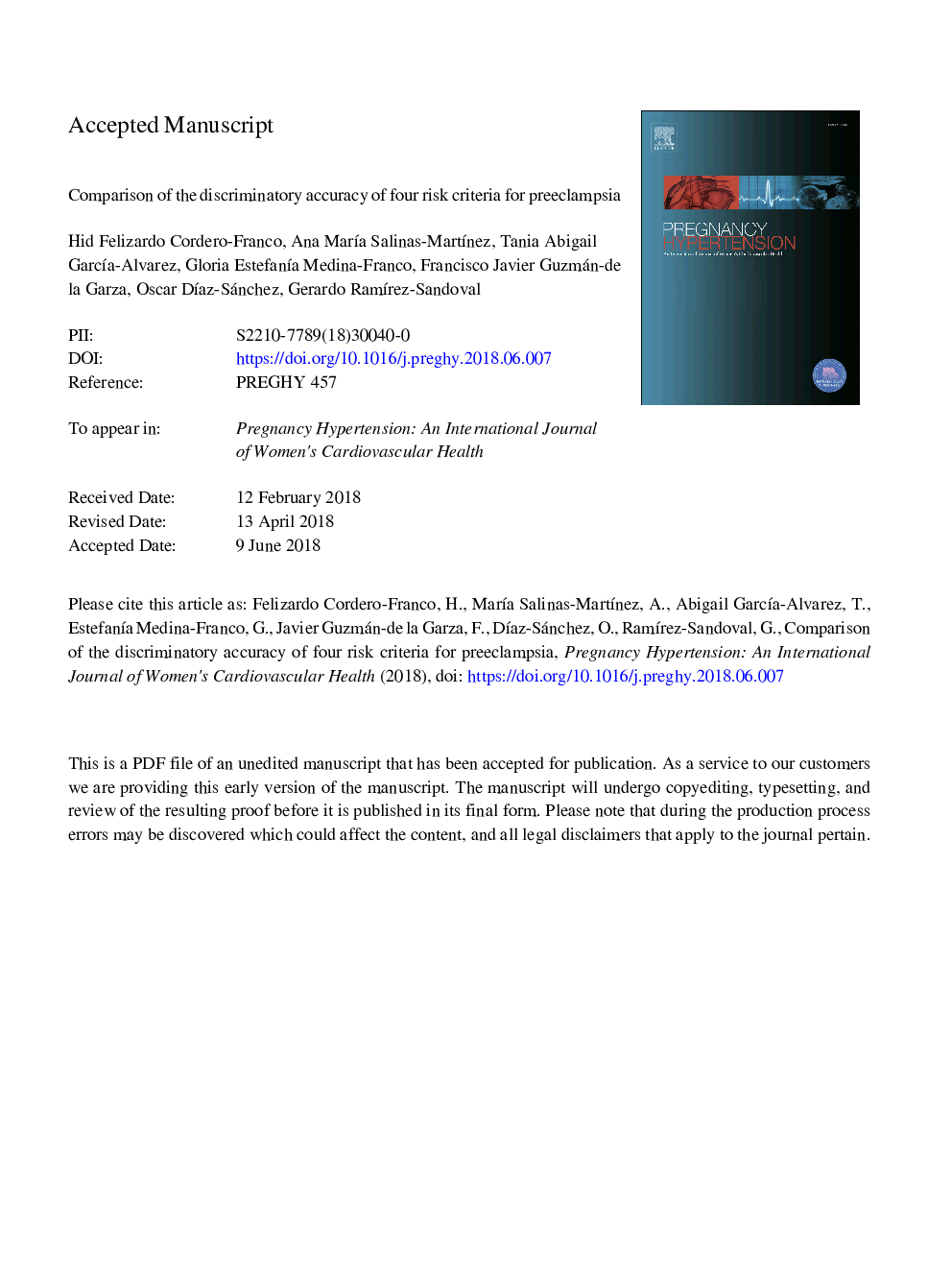| Article ID | Journal | Published Year | Pages | File Type |
|---|---|---|---|---|
| 1856310 | Zeszyty Naukowe WCO, Letters in Oncology Science | 2014 | 23 Pages |
Abstract
Metastatic prostate cancer, which shows progression despite castration testosterone levels, was previously defined as hormone-refractory. This definition has been recently changed to the one presently used-castrate-resistant prostate cancer. Numerous fundamental studies have provided the evidence that the development of hormone-refractory prostate cancer is constantly dependent on the concentration of androgens. The aim of the metastatic castrate-resistant prostate cancer treatment is currently to obtain the lowest possible androgen concentration. The effectiveness of such management has been proven by the results of clinical studies on the latest hormonal and chemotherapeutic medications. In the last two decades, new effective chemotherapeutics have become available on the market: abiraterone, enzalutamide, docetaxel, cabazitaxel, zoledronic acid, denosumab and alpharadin. They significantly contribute to extending patients' survival and to improving their quality of life. Therefore, the question arises whether using LHRH analogues is still a necessary element of the therapy. A detailed analysis of study regimens involving the above-mentioned medications and of available publications support the view that LHRH analogues are the basic strategies in the treatment of patients with metastatic castrate-resistant prostate cancer. All clinical trials evaluating new therapies still followed the principle of obtaining castration testosterone levels as a result of using LHRH analogues simultaneously with the new medications.
Related Topics
Physical Sciences and Engineering
Physics and Astronomy
Nuclear and High Energy Physics
Authors
Tomasz Milecki, Andrzej Antczak,
